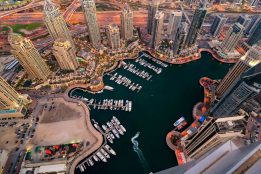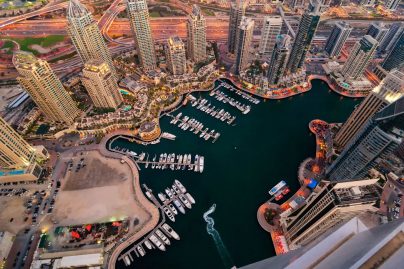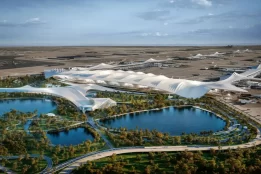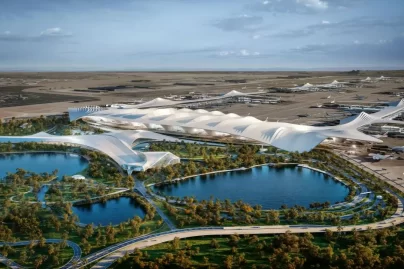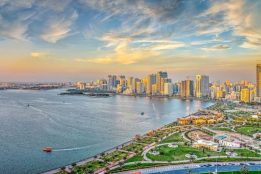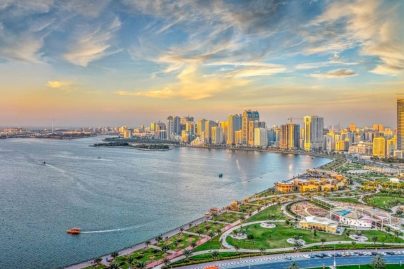UAE astronaut Sultan Al Neyadi completes ‘Dreams’ sleep study
Mon 17 Jul 2023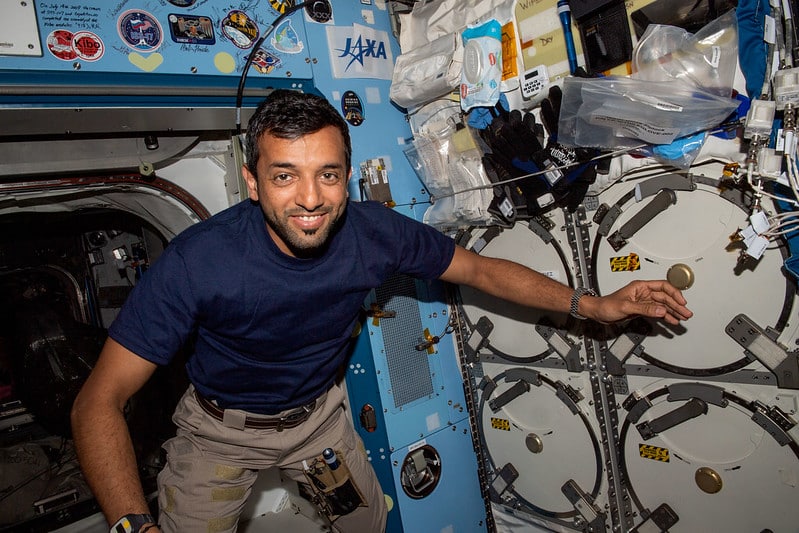
Dubai: Sunday saw the complete completion of astronaut Sultan Al Neyadi’s “Dreams” experiment on the International Space Station (ISS), according to the Mohammed Bin Rashid Space Centre (MBRSC). In cooperation with the European Space Agency (ESA), the French space agency CNES, and Toulouse University Hospital, the experiment was carried out. It is regarded as a key accomplishment in sleep science and space research.
In order to study astronauts’ sleeping habits in the microgravity conditions of the ISS, the Dreams project makes use of the cutting-edge DRY EEG equipment. The longest-serving Arab in space, Al Neyadi, wore a headband developed specifically for sleeping that had an electroencephalogram sensor attached to it. The lengths of sleep cycles and changes in heart rate are only two examples of the types of sleep-related data that this gadget records.
Sharing his thoughts on the experiment, Adnan AlRais, Mission Manager, UAE Astronaut Programme, said: “This project, in partnership with ESA, CNES and Toulouse University Hospital, symbolises a crucial step forward in our understanding of the human body’s adaptability in space.
The knowledge we gain here is instrumental to the success of future long-duration space missions, including trips to the Moon and Mars. We are incredibly proud of the contributions made by the UAE towards the international space community.”
An important area of research for the Dreams experiment is how astronauts’ circadian rhythms are affected by spaceflight. The unusual surroundings on board the ISS, where astronauts see 16 sunrises and 16 sunsets each day, thwart the normal cycle of day and night and have a substantial impact on sleep habits.
In order to improve astronauts’ sleep quality and general health during lengthy space missions, this study aims to provide important insights that will aid in the planning and development of cognitive therapies for astronauts.
The results of this experiment will increase the body of hypnotic and neurological information on the ISS that is now being analyzed by the scientific community. The test is a prime example of MBRSC’s dedication to expanding knowledge of the difficulties and complexity of human space exploration.
The Sultan of Space uploaded pictures of himself utilizing the Multi-use Variable-g Platform on Sunday.
According to Al Neyadi, the platform enables astronauts to carry out studies on plants, organisms, protein crystals, and other objects while simulating up to two times the gravitational pull of Earth. “These experiments can help study the behaviour and growth of organisms,” he added.
One of the initiatives MBRSC oversees for the UAE National Space Programme is the UAE Astronaut Program. Funded by the ICT Fund of the Telecommunications and Digital Government Regulatory Authority (TDRA), its goals are to promote the UAE’s international profile and assist research and development in the ICT sector there.

 Apr 29 2024
Apr 29 2024
